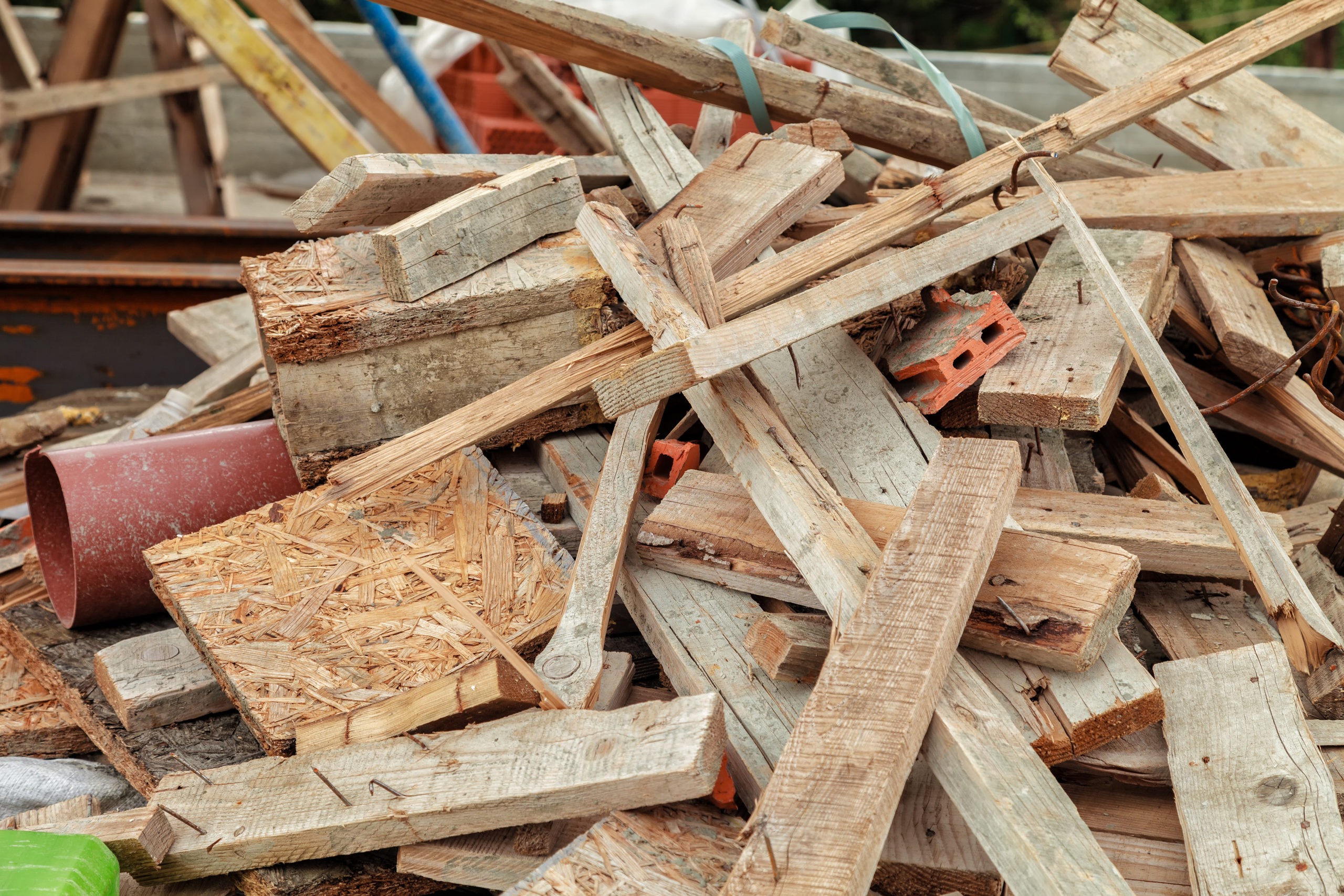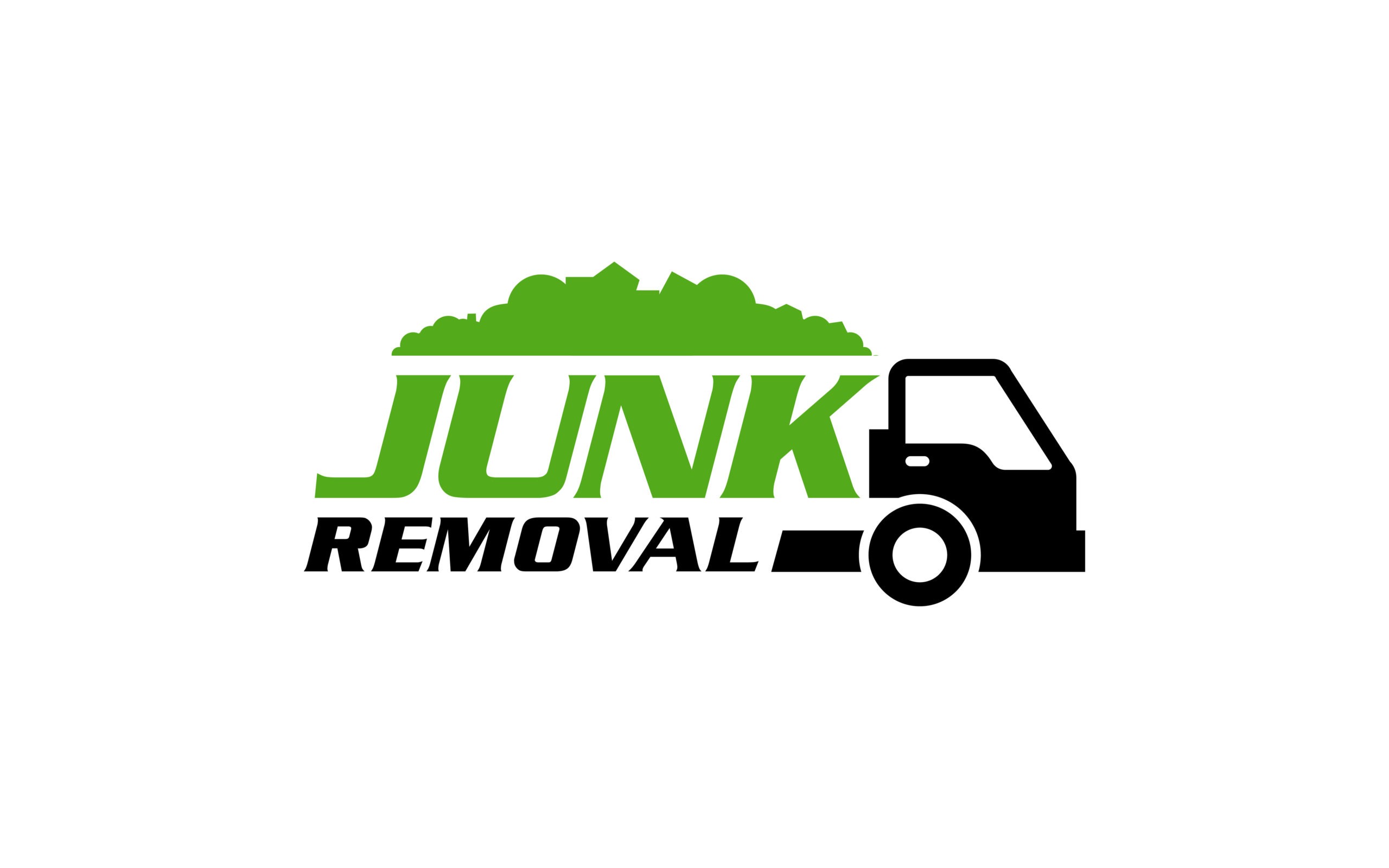Junk removal services have become a very profitable business in recent years. With the population increasing, the demand for office spaces and homes has also increased, which opens more opportunities for more junk removal franchises.
For example, in Ontario, the city is constantly growing and expanding, creating many construction and renovation projects. As a result, there is a constant need for junk removal franchises to help clear out the debris.
However, managing a junk removal business is not as easy as it may seem. There are many things to consider, and you can be prone to making mistakes that can lead to revenue loss. And much like any business, running a junk removal franchise in Ontario has its own challenges.
With that in mind, this article will discuss the top four mistakes to avoid when running a successful junk removal service.
Lacking The Right Tools And Equipment
One of the biggest mistakes you can make when running a junk removal franchise is not having the right tools and equipment. Tools such as bins, trucks, and other heavy-duty equipment are essential for running a successful junk removal business. Without the proper tools, you will not be able to provide the level of service your clients expect and deserve.
Moreover, a lack of understanding of the right size of tool needed can also be a problem. For example, if you’re removing construction debris, you’ll need a much larger truck than if you’re removing household waste and junk.
The best way to avoid this is to ensure you purchase the right size and type of equipment before starting your franchise. You can also consider renting or leasing equipment if you’re just getting started. For example, you can rent a bin from a local company. This will save you the upfront cost of purchasing a bin and can help you determine what size is best for your business.
Not Understanding The Local Market
Another mistake to avoid when running a waste management startup is not knowing the local market. To start, it’s essential to get an in-depth understanding of the demographics of the city or town you’ll be operating in. This is especially since the insights you gain can help you determine what type of services to offer and how to market your business efficiently.
For example, research the major cause of junk in your targeted market. Is it from households, businesses, or construction sites? Doing so will help you focus your marketing efforts and attract the right type of clients.
Moreover, there are other ways of knowing what the local market is like. For instance, you can research the competition. Know where your competition is leaning toward and how they market their services. You can also talk to the local council to get data about how much junk and waste come from household or commercial premises in the area to know where you’ll lean towards.
Not Knowing Local Regulations
Every city has its own set of regulations when it comes to waste management. Ontario is no exception and contains Regulation 347, which has laws guiding commercial and residential waste management. This regulation isn’t limited to only businesses or homeowners. Instead, it cuts across the waste generator, the waste carrier, and the waste receiver. As a junk removal service, you fall in the waste career category and the waste receiver, and therefore, you should familiarize yourself with the regulation before starting your franchise.
Ignorance of the law can lead to hefty fines or even the closure of your business. To avoid this, take the time to read and understand Regulation 347 and any other laws applying to the business. You can also consult with a lawyer to get clarification on any areas you’re unsure about.
Not Creating A Solid Business Plan
A solid business plan is essential for any business, but it’s even more important when starting a junk removal franchise in Ontario. This document will outline your business goals, strategies, an executive summary, and everything else your business entails in writing. Your business plan is the guide that will help you stay on track as your business grows. Moreover, it is important in securing funding as investors want to see your business plan before investing in your company.
Creating a business plan may seem daunting, but there are plenty of resources to help you get started. You can find templates and examples of business plans online or hire a professional to help you create one.
Conclusion
Starting a junk removal franchise in Ontario can be a great way to enter the waste management industry. But unfortunately, there are mistakes you may be prone to making along the way. These include not understanding the local market, not knowing local regulations, and not having a solid business plan.
By knowing these mistakes and how to avoid them, you’ll be well on your way to starting a successful junk removal service in Ontario.


